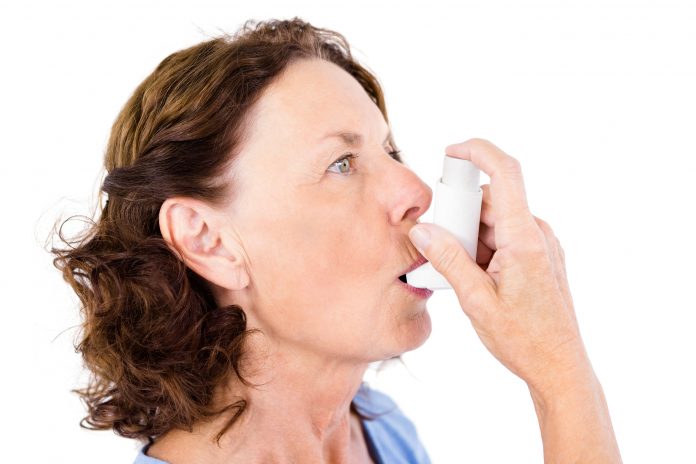May is Asthma and Allergy Awareness Month and the 6th of May is World Asthma Day. Though most think of asthma as affecting the young, it can be diagnosed at any time in your life. As the general population ages, managing both conditions in seniors has become more important.
Diagnosing and differentiating allergies and asthma from other diseases such as COPD (chronic obstructive pulmonary disease) means a better prognosis for seniors. Learning to manage them helps them to live a more healthy life.
What are some of the symptoms of asthma?
- Coughing and wheezing may be the only symptoms.
- Shortness of breath and a tight feeling in the chest.
- Symptoms get worse at night or when exercising.
Those with allergies typically have sneezing, nasal congestion and itchy skin. Rhinitis is also quite common but is not considered an allergy. Symptoms include either a runny or stuffy nose, sneezing and post nasal drip. Sinusitis is similar but includes pain in the face. It can be caused by an allergy, an infection or more commonly, air pollution.
The main goal of managing and treating asthma is to prevent symptoms and attacks while still being able to do regular activities.
There are some ways you can lessen symptoms and prevent attacks:
- Both asthma and allergies can be caused by airborne allergens as well as items within the home. Remove carpets and keep clutter to a minimum.
- Vacuum regularly and dust with a wet cloth.
- Change bedding frequently and wash pillowcase, sheets and blankets in hot water.
- Purchase allergy-proof covers for pillows and mattresses.
- Keep the humidity in your home low. A de-humidifier can be used if necessary.
- Open windows and use exhaust fans to vent moisture in bathrooms.
- Have allergy tests to make sure you aren’t allergic to Fluffy or Fido.
- Use baking soda and vinegar for cleaning. Avoid all harsh cleaning products.
- Don’t use air fresheners or scented candles in your home.
Asthma and allergies can be managed if you are careful. Speak with your doctor about medication and other ways to keep symptoms under control. If you have just noticed symptoms such as coughing, wheezing or shortness of breath, your physician can determine if it’s asthma, an allergy or another disease causing your symptoms.






















